Vanlife- 5 easy ways to deal with waste & water on the road
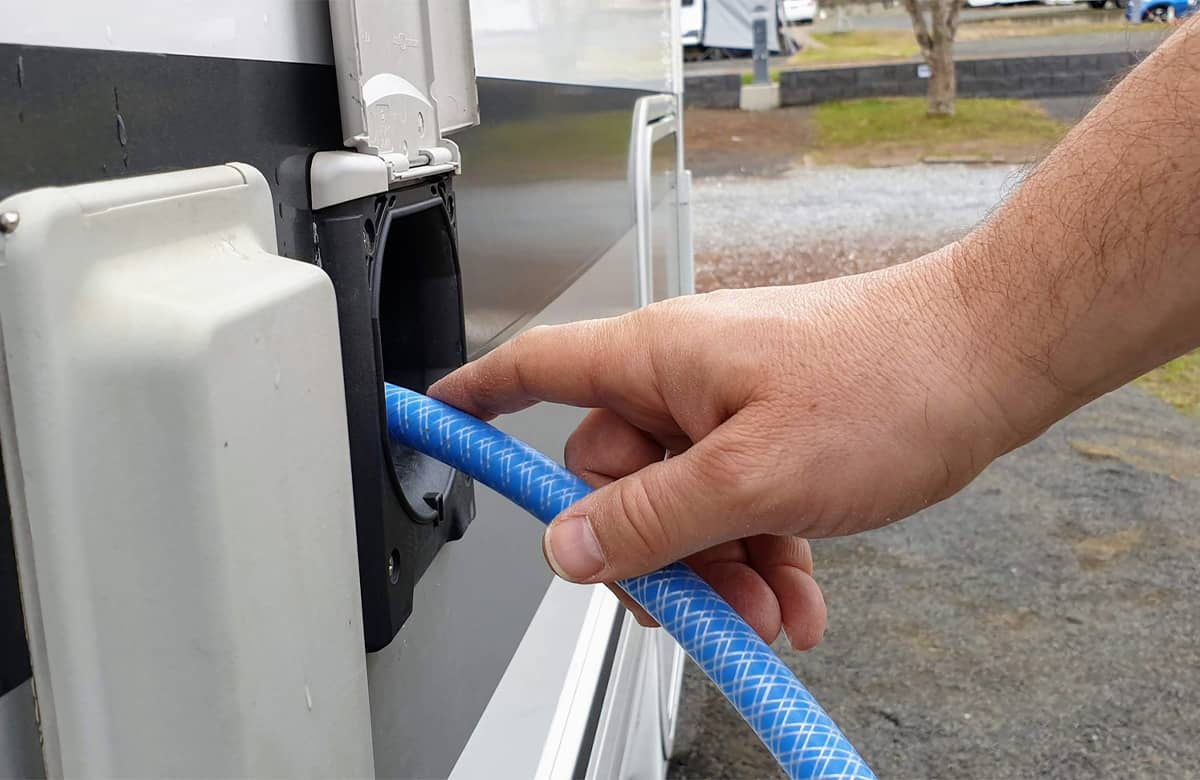
One of the hardest things about wild camping or staying off-grid with a motorhome or campervan is knowing how to find fresh, safe drinking water and appropriate grey and black waste disposal points whilst you’re on the road, especially in the UK which is a lot harder than motorhoming in Europe.
However, don’t let the confusion put you off. There are plenty of options for motorhomes and campervans to safely dispose of waste and get water- which we’re going to share with you here.
Don’t forget to grab your free motorhome wild camping checklist here to help you set up your van to stay overnight without electricity or facilities.
*We work hard to make this the best motorhome travel blog and road trip website possible, full of helpful content for you. The website is supported by our readers, so if you buy through links on this site we may earn a commission- at no extra cost to you. All opinions remain our own.
If you find this post useful, you can also treat us to a coffee – we promise to enjoy it while creating more useful content like this- we might even indulge in a biscuit (or two!)
JUMP AHEAD TO...
Motorhome waste and finding water – what’s the big deal?
If you do all your motorhoming on campsites, this might seem like a stupid question. After all- it’s easy… you just connect your hose to the tap on the campsite, and empty your grey tank and toilet cassette into the appropriate areas.
And you’re not wrong. But…
My guess is most people concerned about finding water and waste disposal whilst in a motorhome or campervan aren’t planning on staying on campsites- or at least not ones with facilities. In fact, there’s a good chance that you’re planning on staying off-grid with your van, enjoying a spot of motorhome wild camping and generally want to be as far away from campsites as possible.
With that in mind, let’s get started.
Motorhome wild camping guides for the UK & Europe
For information on how to find good wild camping places, WHAT to do when you’re there and how to stay safe, check out our step-by-step guide for motorhome wild camping in the UK and Europe, complete with database of 250+ overnight spots we’ve stayed with our motorhome.
Don’t forget to grab your free wild camping checklist here
Motorhome Waste Disposal
Before we get started, let’s talk about the different types of waste. Grey waste is shower and sink dirty water and black waste is toilet waste.
In most places, you can’t dispose of them in the same place. Grey water goes down a drain and black waste goes into a chemical toilet disposal point. It’s important to understand that difference before we go on to the different types of waste disposal points.
Watch the video
Prefer to watch instead of read? Here’s the video about the information in this post. However, since filming we have added in more details and info to help you, so you might want to give this post a skim too.
We hope you found the video useful. If you did, we’d love it if you followed us on Youtube. New videos with tips for motorhoming and campervanning in the UK and Europe are released weekly.
Where to find Motorhome waste disposal points
Let’s start with the obvious one- if you need fresh drinking water and a safe place to dispose of grey and black waste, the best place to go is a proper motorhome campsite.
I know, I know- we’ve already mentioned that you’re trying to avoid these- but they really are the best place to visit for motorhome facilities.
Usually, we start our motorhoming holidays with an empty van, as the van is kept in storage and we’re unable to fill up with fresh water there. For that reason, we try to book our first night of any trip into a campsite. We also do the same on the last night- so we can empty the grey and black waste properly and drain any remaining fresh water which might still be in the tanks.
Of course, in the summer you mostly likely need to book up in advance in order to get a space, but if you know when your trip will start, it’s easier to know where you can stay.
And, if you’re planning to stay on campsites with waste disposal facilities and water for your entire trip, then it’s easy- you just use those.
But what if you want to avoid campsites?
How do you find water and waste disposal for the rest of your time on the road if you don’t want to stay overnight on a campsite?? Well, there are several options. You are either:
- Visit a campsite and pay to use their services
- In Europe, use a motorhome aire or service point
- Use public facilities (not recommended but useful in a pinch)
Paying for campsite facilities
In the UK, where there isn’t a large network of aires and motorhomers aren’t as well catered for, we still recommend using campsite facilities as often as possible.
Many campsites will allow you to pay a small fee (somewhere between £5-£10) in order to refill your fresh water tank, empty grey waste and your toilet cassette.
We have found better success with this by either using campsites which openly say they allow this (look on their websites) or using smaller, independent campsites. Anyone running a site from a farm or field as an independent business are much more likely to allow a ‘pit stop’.
You can phone in advance (recommended if you’re a larger vehicle or tow a trailer with your motorhome like we do) but we’ve had better success by just turning up and asking politely to pay for using their services.
TOP TIP: Do NOT turn up at a motorhome club campsite (like a CMC or CCC site) on a Friday or Sunday during summer or school holidays. They will be WAY too busy to deal with you and are much more likely to say no.
Europe aires & service points
If you are motorhoming in Europe, life is a lot easier! As well as aires (learn how to find aires and overnight parking in Europe), there are also a system of motorhome service points, often at service areas on motorways.
To use these, you just need to pull up, pay the fee (usually 1 or 2€) and empty waste/ get fresh water. Easy peezy.
So, when all the above fails, let’s discuss public services.
Grey Waste Water Disposal in the UK
For grey wastewater, there are ways to dispose of it properly without a campsite. The UK, like most of Europe, has separate systems in place for rain water and grey water. Therefore, most roadside drains are for rainwater only.
If you’re lucky enough to find a grey water drain, you can just pull your motorhome up over the top and open the waste (grey, NOT BLACK.) Most aires and approved motorhome parking places have grey water drains (although they don’t always say.)
Alternatively, if you’re parked up somewhere, you can use a plastic container like this one, which can then be carried to the appropriate disposal point or drain.
Where to find grey waste and toilet disposal points in the UK
Here’s a fantastic map from Campra (Campaign for Real Aires in the UK) which shows aires and disposal points around the UK.
There are several places in the Lake District which have been set up for waste disposal- here’s where to find them (thanks Paul for the link)
Grey water and toilet waste disposal points in Scotland
Here’s a great map from CAMPA (NOT the same as Campra above) showing waste disposal points and campsites in Scotland which allow you to use their services for a fee.
Can you put grey waste down a ‘normal’ road drain?
This is a tricky one. My politically correct answer is no, because then it doesn’t go back into the right system for treatment. Having said that, it’s not illegal to wash your car in the street- and that’s soap and dirt too.
My honest answer is, in a pinch, it’s better to empty into a drain than all over the road. Obviously, using proper campsite facilities is the best option. Try to use washing up liquid which is kind to the environment (like this one) if you think you might do this at some point.
Also, try to wipe down plates/ cooking pans to remove fat and food before you wash up (this is good practice anyway so your tank doesn’t smell/ pipes don’t get clogged.) And PLEASE don’t just open the outlet as you’re driving along, even if it’s raining.
Also, some smaller campsites ask motorhomers to use their grey water on the hedgerows, especially in summer. Only do this if asked/ clear signs.
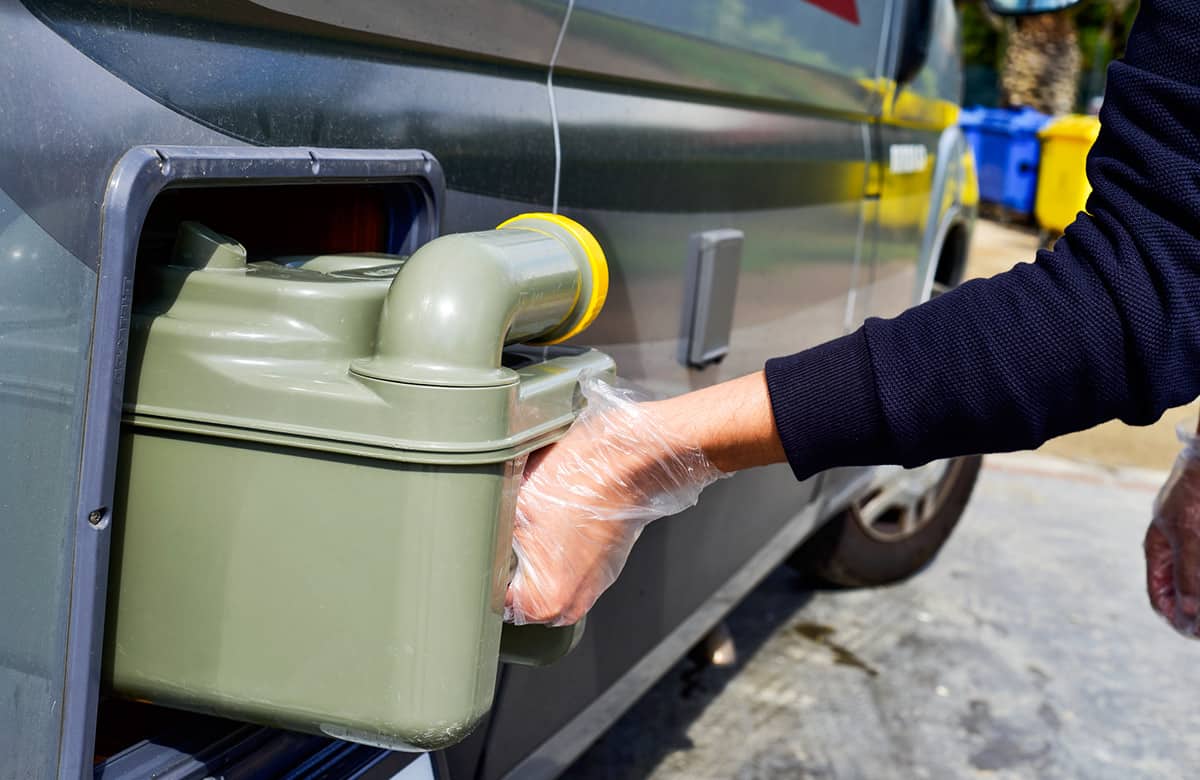
Black waste/ toilet cassette disposal for vanlife
Public toilets- don’t use busy ones like the M6 services or beachfront ones. Find a quiet village or remote loo. There’s a website and app called Toilet Map which can help you find places.
Also, don’t tip it all out at once- you’ll block the toilet. Little then flush. Clean up
VERY IMPORTANT: Make sure the toilet you are emptying into isn’t on a septic tank/ fosse. If it is, and you use ‘normal’ toilet fluids, you’ll kill all the bacteria.
Again, if this is likely (if you’re motorhoming in France for example), use fosse-friendly fluid in your toilet cassette. We use a product called Solbio organic toilet fluid, which is natural and doesn’t contain harmful chemicals. It’s also safe to be disposed of in septic tanks or fosse, meaning we have more options to dispose of our toilet responsibly.
How to make your motorhome toilet last longer between emptying
To make toilet go for longer between discharges, some people use a pee bottle, but you need a little liquid in there otherwise it will all stick as a big lump
What we prefer to do instead is to not put toilet paper into the toilet. Instead, we use a plastic bag, like a nappy bag for all used paper, which can then be disposed of safely in a bin.
Some people find this weird, but we had to do it for years on the boat so it’s quite. Kemal for us and does stop the toilet getting so full, so fast.
Also, you do NOT need to pay for expensive motorhome toilet paper. Seriously, just get the cheap stuff from any supermarket so it dissolves easily. But if you’re going to put it into a bag, you can buy whatever brand you like!
Another option for ‘sticky’ toilet paper is to not use a lot of water to flush the paper down- that just fills up the cassette. Instead, you can use a spray bottle (or old Domestos bottle with the jet spout) for targeted pressure to flush it down and clean marks on the bowl with very little water use. (Thanks Bob for the tip.)
Whilst we’re on the subject, please, pretty please, don’t empty the cassette at the side of the road, or into a hedge, or the forest. It’s causing chaos in popular areas and places like Portugal have been destroyed by this, so please do help protect our country by disposing of waste hygenically.
Finding fresh drinking water while travelling
As for getting water, you used to be able to get water from garages and service stations, but many of those have gone now. Some people suggest using graveyards but personally that doesn’t sit well for us.
If you’re a canal boat owner, you might have a key which gives you access to services- some places have those near enough to a car park for hoses to reach. Again, we use campsites and only drink water from the lifesaver jerrycan we carry onboard (HIGHLY recommend this if you travel a lot.)
I hope that helped answer your questions. I’d love to hear what you do- feel free to share your suggestions. And if you know of any campsites which will let you use their facilities for a fee, please do drop the details below so others can benefit.
Want more tips for motorhoming?
Here are some more ideas you might find useful:
- Essential Motorhome accessories every van should have
- Best Sat-nav for motorhomes or campervans
- Motorhome Security– tips for at home and on the road
- How to get Internet & wifi in a motorhome
- Europe- essential gear for travelling to Europe
- Best gift ideas for motorhome and campervan owners
Want FREE checklists, eBooks and additional tips to help? Visit our resource page
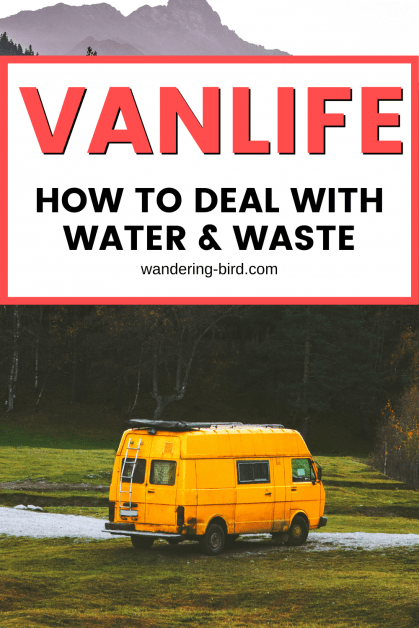
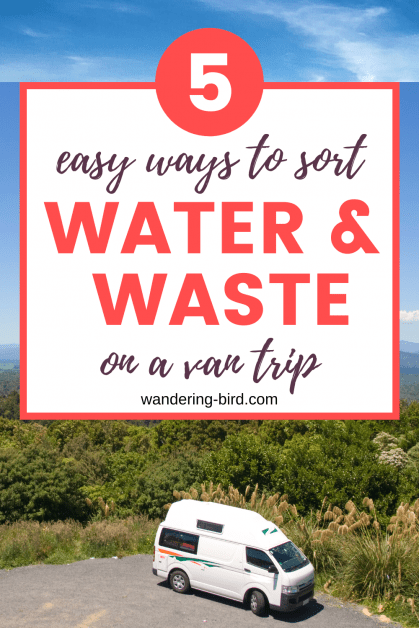

Kat never planned to buy a motorhome. She also never planned to quit her job as an air traffic controller, go touring around Europe in said motorhome, start one of the UK’s largest motorhome travel websites… or get a cocker spaniel.
Find out how she went from stuck in the rat race to being a digital nomad and inspiring thousands of people to have their own epic adventures here.
If you’d like to connect with Kat, send her an email or follow her adventures on social media.



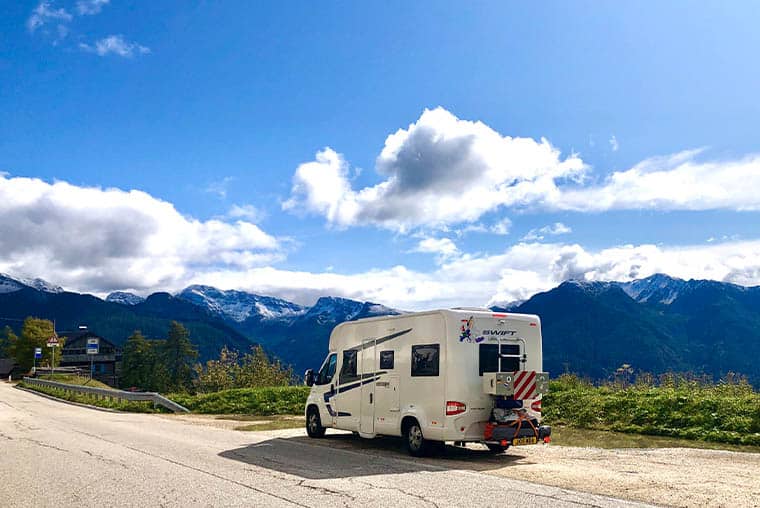
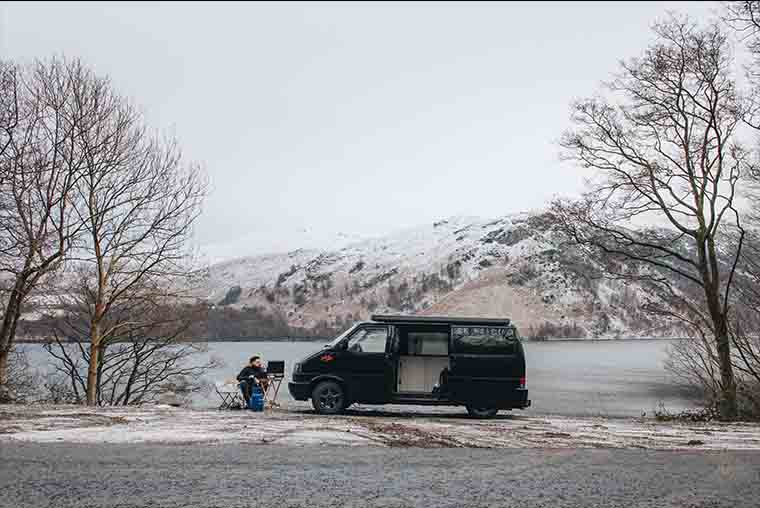
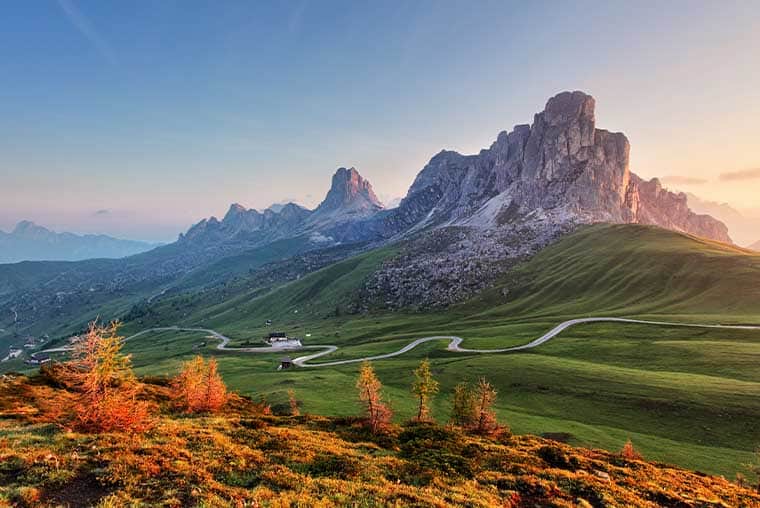
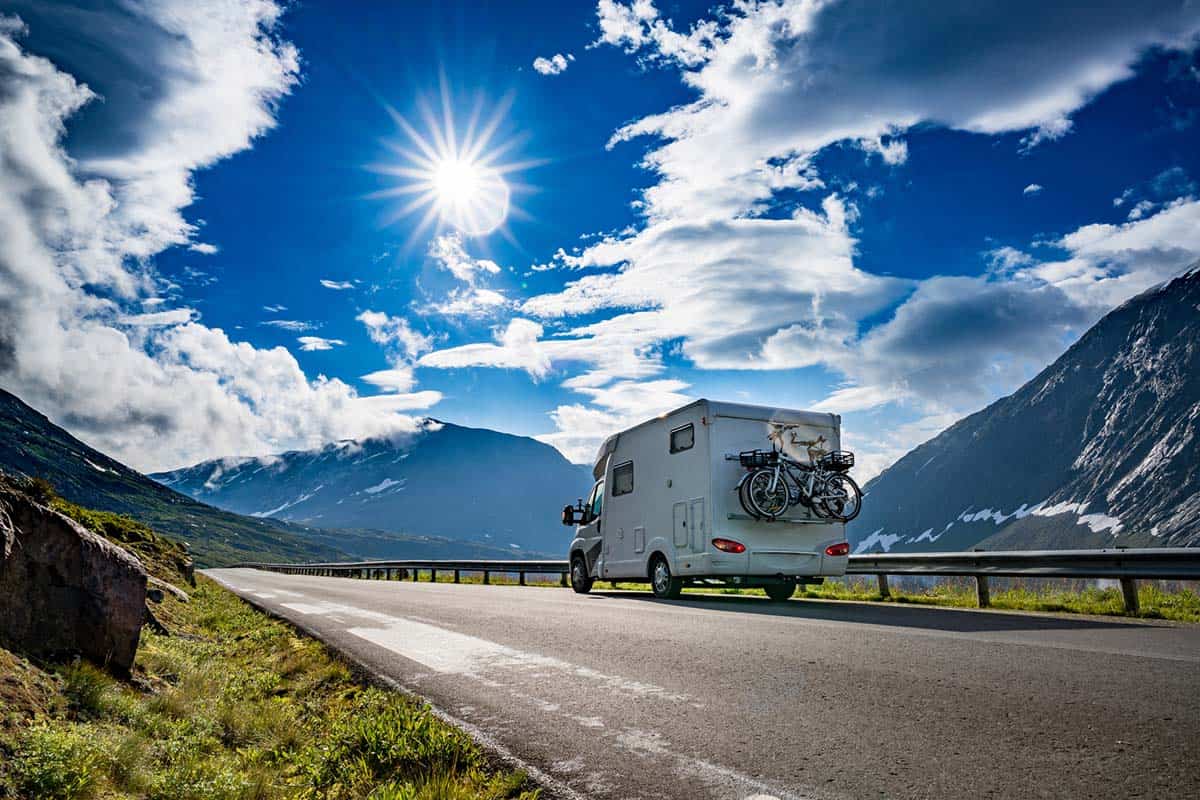
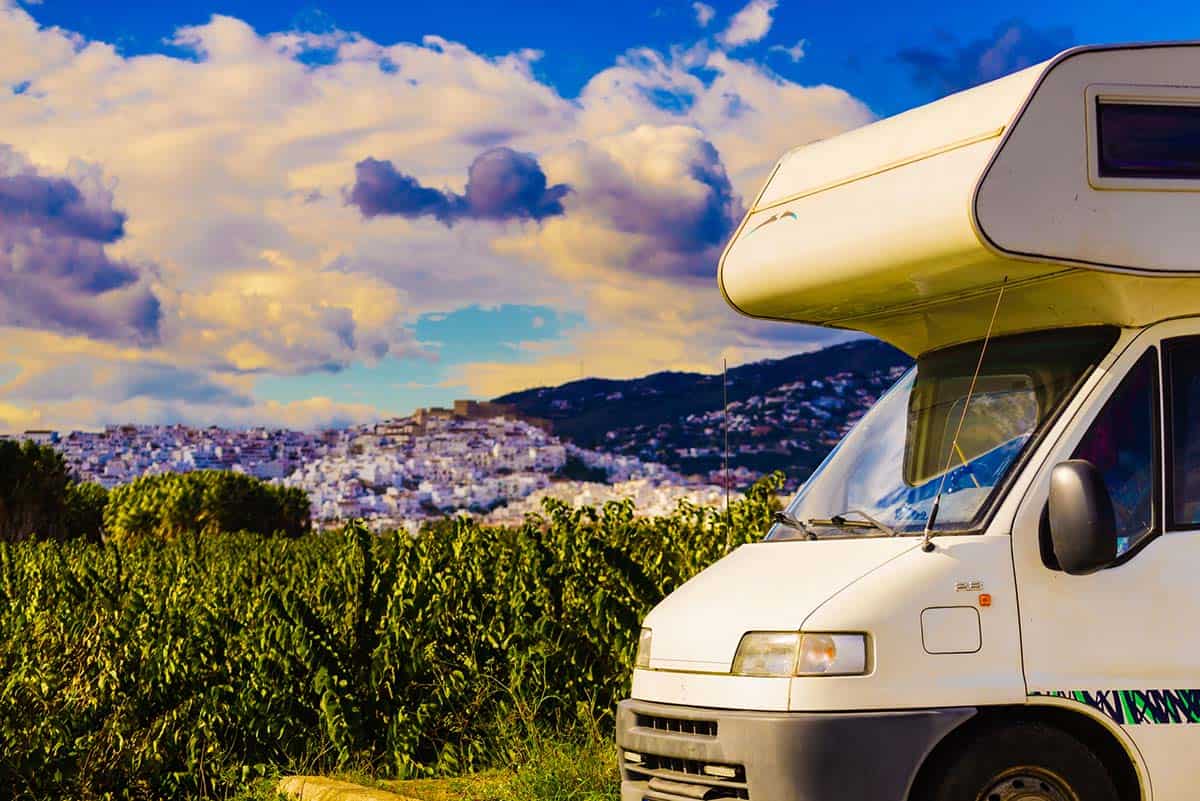
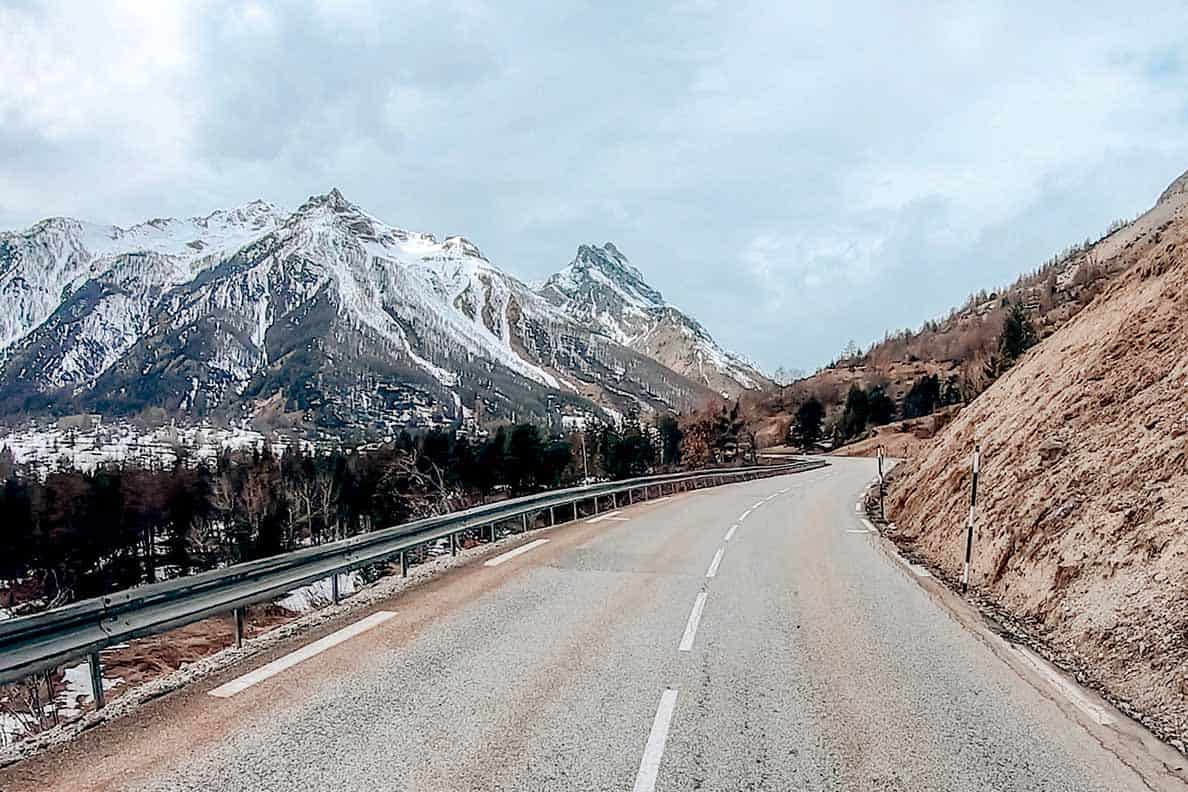
Saw a posting on CAMpRA FB group. visitlakedistrict.com have installed THREE BOWSERS.
1. Threlkeld (Keswick). Car park at The Lake District National Park Authority Northern Office, Old Station Road.
2. Kendal. Car park at TLDNPA, Murley Moss, Kendal.
3.Muncaster. Car park at Muncaster Castle.
(I’ve added link into post above)
Thanks for sharing this link Paul. Appreciate it.